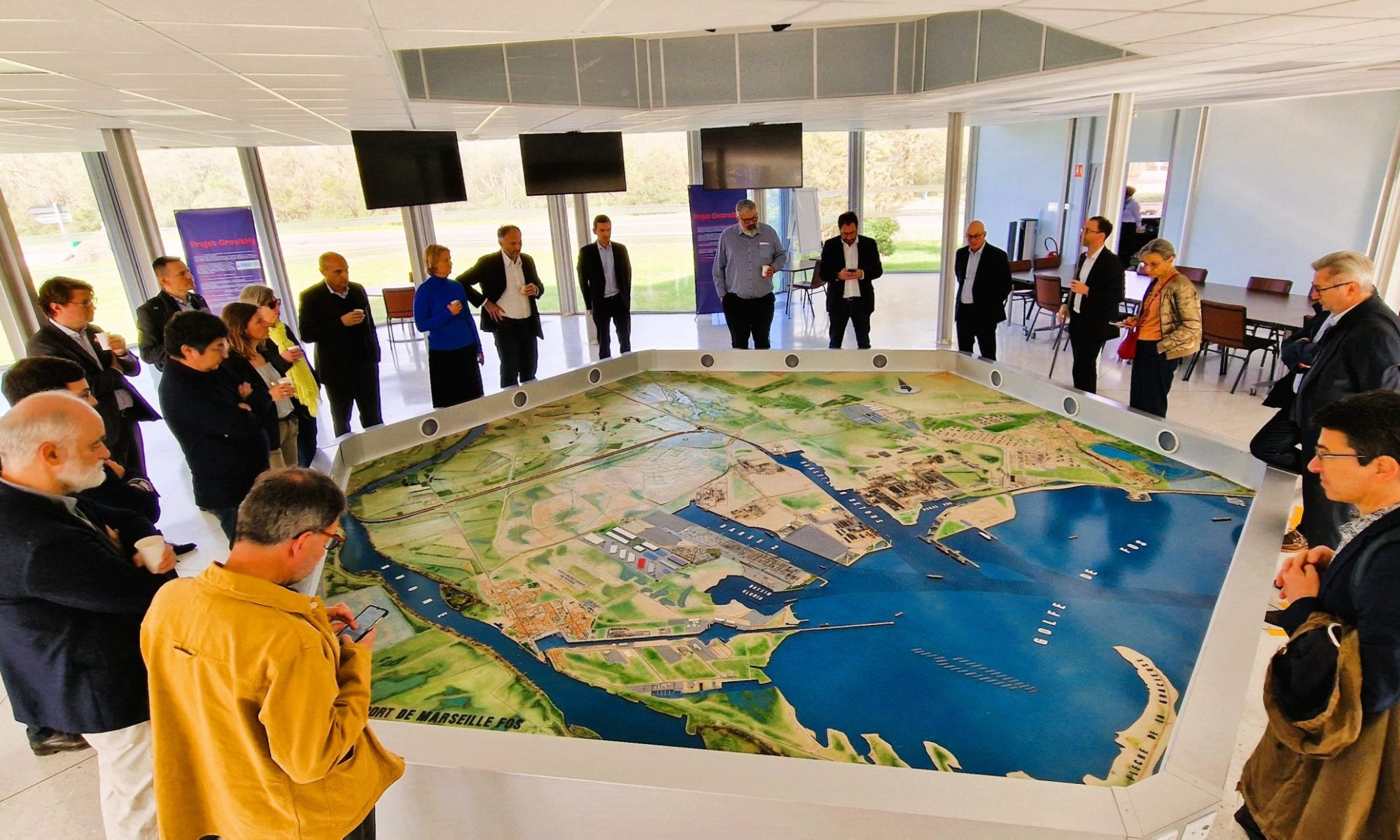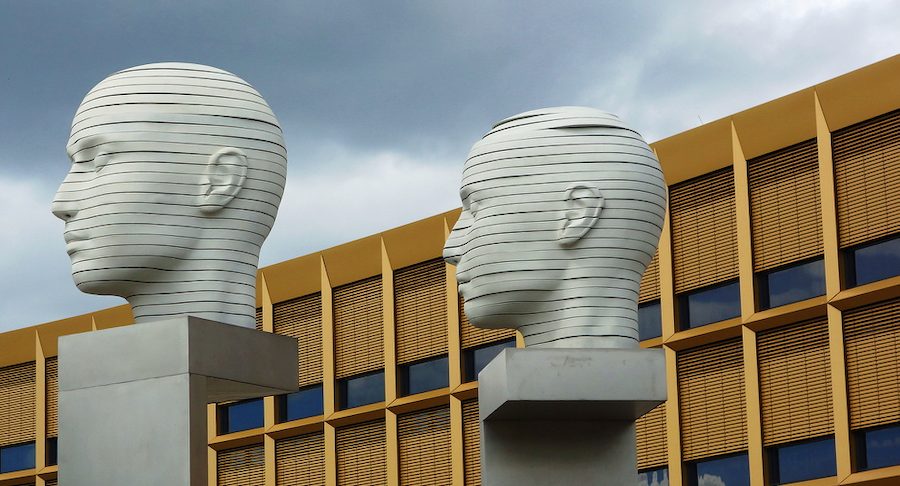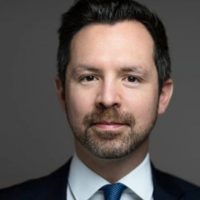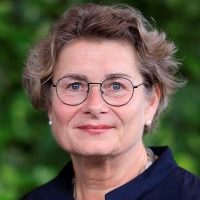Social and democratic issues of urban development
Thanks to the mobilization of many personalities, the participants in the BEST study seminar in Berlin benefited from a very rich programme, combining historical perspective, field visits, contemporary issues and project dynamics.
The pandemic has made us aware of the importance of personal meetings for the exchange of experience. And nothing can replace on-site observation to learn from other cities. We are therefore very happy that so many of you have come from all over France to learn more about Berlin and its urban development policy.
It also happens that this year we celebrated the 35th anniversary of the urban partnership between Berlin and Paris, from which our two cities have greatly benefited. They should sign a renewed framework agreement before the end of this year to take into account the current challenges of our cities: climate protection, digitalisation, the fight against social inequalities or the fight against pandemics. Town twinning is an excellent basis for seeking answers together.
The program we prepared for this seminar aimed to give BEST members the most lively and multifaceted view of the spaces at stake in the urban development of our city. We have therefore emphasized the successful cooperation of the City, investors, state-owned housing associations and citizens in the design of neighbourhoods and open spaces. We also wanted to discuss with our visitors the creation of social and affordable public housing, and the renewal of residential and industrial areas after Reunification.
Severin Fischer
State Secretary, Head of the Berlin Senate Chancellery
Petra Kahlfeldt
Director of Construction, Permanent Secretary for Urban Development of the Berlin Senate
PROGRAMME
In the Berlin Senate
We were received by representatives from the departments of Urban Development, Construction and Housing, Interior, Digitization and Sports, Finance, Environment, Mobility, Consumers and Protection of the climate.
Welcome
> Severin Fischer, State Secretary, Head of the Chancellery
> Petra Kahlfeldt, Director of Construction, Permanent Secretary for Urban Development
Historical perspective on the urban development of Berlin
> Manfred Kühne, Director of Urban Development and Projects
Political system and administrative structure of Berlin
> Claus Guggenberger, Head of European and International Affairs
Finances, taxation and budget of the Land of Berlin
> Torsten Puhst, Head of Financial Policy and Budget Department
Coordinated planning for the development of the capital region Berlin-Brandenburg
> Manuela Hahn, Permanent Representative of the Head of the Joint Planning Department Berlin-Brandenburg
Main features of Berlin’s current urban development, social and ecological requirements for planning
> Beate Profé, Director of Urban Planning
Climate governance in Berlin
> Jens Kendzia, Group Leader in the Climate Protection and Adaptation to Climate Change Division
Visites de sites et présentations de projets
By bus
Alexanderplatz, Karl-Marx-Allee, Holzmarkt (timber market), East-Side-Gallery, Warsaw Bridge, Rummelsburger Bucht (Rummelsburger bay), Oberschöneweide.
> Manfred Kühne, see above
Haus der Statistik
Urban renewal project on the site of the former House of Statistics, a model for cooperative neighborhood development in Berlin
> Leona Lynen, Project Manager and member of the board of directors of the cooperative ZUsammenKUNFT Berlin (ZKB)
> Jonas Machleidt, Counsellor to the director of Urban Development and Projects (Senate)
Urbane Mitte
Development project under development, ongoing discussions with Deutsche Bahn. Reflections on the density and taking into account the general interest in the legal set-up.
> Florian Schmidt, district councilor of Friedrichshain-Kreuzberg
Am Park Gleisdreieck
Park created on the basis of a strong citizen commitment on a former railway site marked by the history of the division of Berlin and several times awarded between 2013 and 2015.
> Beate Profé, see above
Möckernkiez
Cooperative housing construction project.
> Bernhard Drechsel, Board member of the Möckernkiez cooperative
The Halls of Rathenau in Oberschöneweide
Transformation project of former industrial halls. Heritage renovation and creation of an open space for business, culture and leisure, by the company BaseCamp.
> Ulrike Zeidler, Responsible for urban development of the district of Treptow-Köpenick
Berlin Adlershof
Largest science park in Germany, around which unfolds a flagship project of Berlin’s urban development, one of the “17+ new urban districts“. The visit focuses in particular on the research center Helmholtz-Zentrum Berlin (HZB), the Gleislinse shopping area, residential areas and the park.
> Walter Leibl, Managing director of WISTA.Plan GmbH, science and technology park manager
> Sabrina Böttcher, Group leader for new housing construction projects (Senate)
> Manfred Kühne, see above
Photos
Berlin Ambient Creative Commons Attribution-Share Alike 4.0 International license.
© Caroline Wimmer
© Sebastian Gabsch



